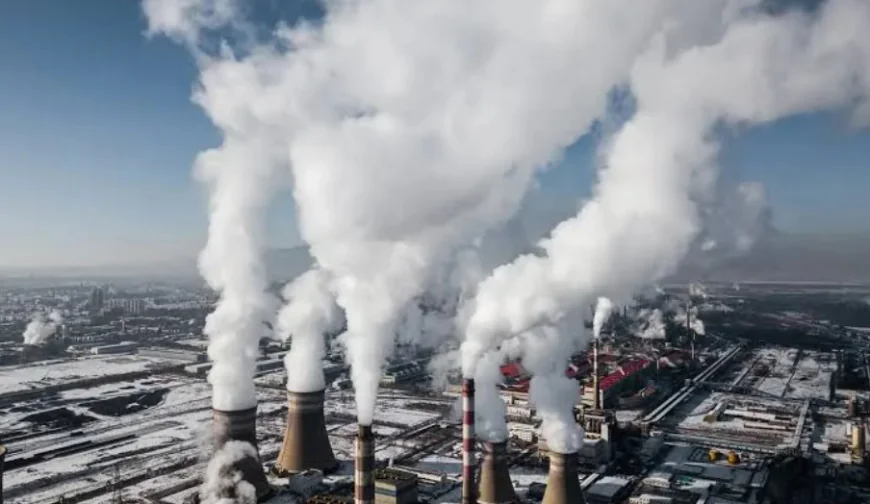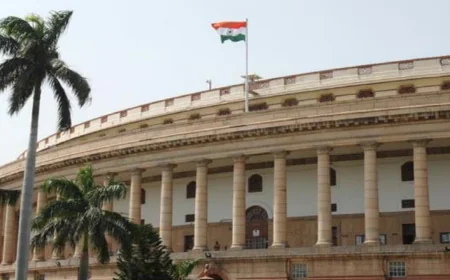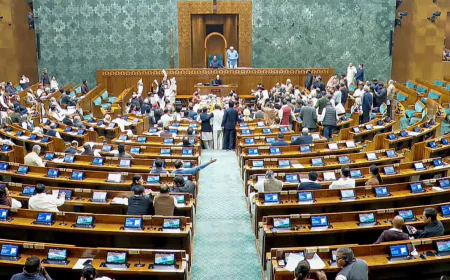Government Exempts Majority of Coal Power Plants from Anti-Pollution Mandate
India's Environment Ministry has eased a major rule on air quality by not requiring nearly 78% of coal-fired power plants to build Flue-Gas Desulphurization (FGD) systems. These are important scrubbers that reduce harmful sulphur dioxide emissions.

India's Environment Ministry has eased a major rule on air quality by not requiring nearly 78% of coal-fired power plants to build Flue-Gas Desulphurization (FGD) systems. These are important scrubbers that reduce harmful sulphur dioxide emissions.
How the Exemption Works
A notice in the gazette on July 11 says that coal plants located more than 10 km from crowded, polluted cities are no longer required to build FGD systems as they were required to do in 2015. These make up about 79% of all the coal-fired power plants in the country. Another 11% that are near smaller towns will be looked at on a case-by-case basis, while only 10% that are in dense metro areas like New Delhi will have to meet the FGD limit by December 2027.
Reasoning and a Shift in Regulation

It goes against a strategy from ten years ago that was supposed to install FGD technology worth about 30 billion USD in about 540 coal-based units over the course of several years starting in 2027. This big change in policy came after a study by the Central Pollution Control Board (CPCB) showed that the energy needed to run scrubbers was leading to unexpected effects, such as a net rise in carbon dioxide emissions.
The easing also takes into account the progress made by NTPC, the huge power company owned by the government. One eleventh of NTPC's plants now have FGD systems, which cost the company about USD 4 billion. Another fifty units have either placed orders or started installations.
Reactions and worries in the industry
Supporters of the new policy say that it will make things easier financially for most coal power plants, many of which are in areas with fewer people and better air. This makes businesses more competitive, especially those that aren't in tight urban emission zones.
But environmentalists are worried that letting most coal plants off the hook for FGD rules could mean that high sulfur emissions last longer, which would go against India's promises to clean air and the UN's Sustainable Development Goals. They are also worried that these plants could put pressure on cities to take in more pollution that comes from rural sites.
Next Steps and More General Effects
About 10% of the plants that have to meet the new FGD timetable have to finish installation by December 2027, which is the same date that the original goals were set. In the meantime, the government has promised to look over and keep an eye on the protected units even more, but they haven't set a new deadline for compliance.
The CPCB will look at the effects of this change in regulations on national air quality data and greenhouse gas measures on a regular basis and suggest changes in the future. Another 11% of plants close to cities are likely to be evaluated on a case-by-case basis this year.
In the end
India's most recent deregulation is part of a strategic shift that aims to balance concerns about air quality, climate change, and economic success. Nearly eight out of ten coal plants will no longer have to meet sulfur scrubber requirements. This could help the power sector in the short term, but it is still unclear what the long-term effects will be on public health and the environment.


















































